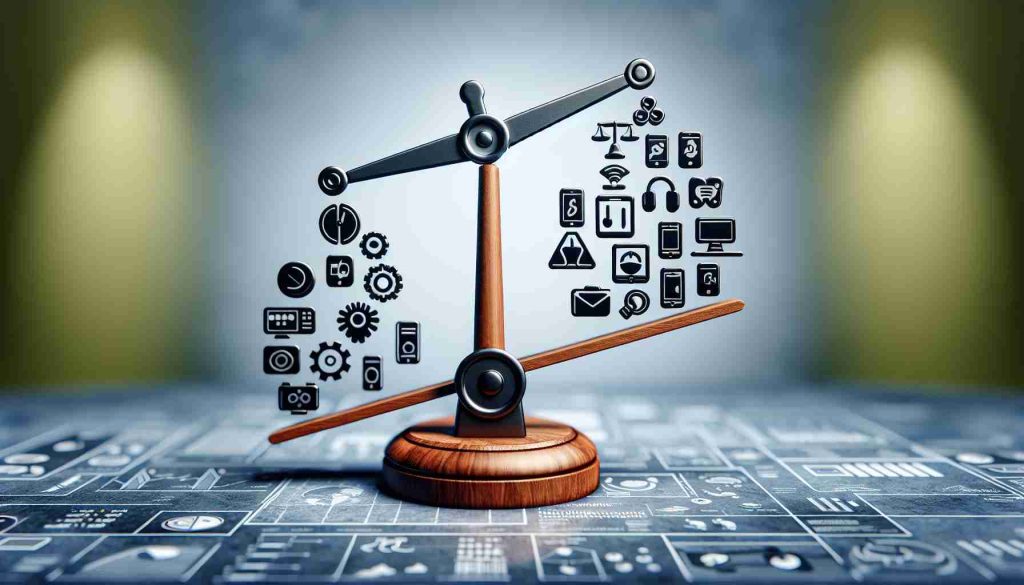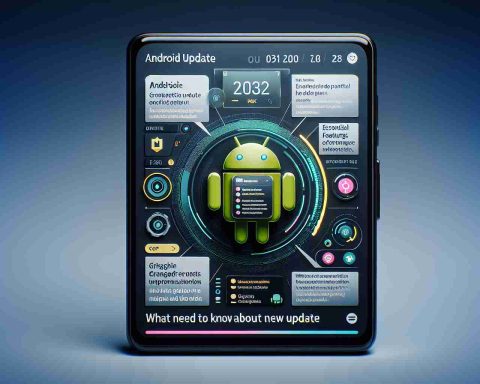Apple’s flagship iPhone 16 has hit a roadblock in Indonesia due to government restrictions related to domestic content. To reverse the situation, Apple is reportedly planning a substantial $100 million investment to meet the 40% local content stipulation set by Jakarta. This proposal marks a significant escalation from an earlier $10 million offer, as reported by Bloomberg.
The Strategic Increase
The proposed investment underscores Indonesia’s growing significance for Apple. With a massive population of 278 million, the potential market is hard to ignore. Previously, Apple aimed to invest in facilities to produce accessories and parts for its devices. The new offer, drastically higher, emphasizes the urgency Apple feels to regain its foothold in this vital region.
Delayed Gratification
Despite the setback with the iPhone 16, which launched on September 20, Indonesia often experiences delays in Apple product availability. Without an official Apple store, the country relies on third-party sellers. Nevertheless, dedicated Apple users frequently travel to neighboring countries like Singapore to secure the latest models.
Market Dynamics
Currently commanding just 2% of Indonesia’s smartphone market, Apple faces strong competition from more affordable Chinese brands. However, rising incomes within Indonesia, highlighted by a GDP per capita increase to $4,940.50, suggest the potential for increased iPhone sales in the future. Apple sold 2.1 million phones there last year, with expectations to reach 2.9 million this year, according to IDC.
Kiranjeet Kaur from IDC notes that Indonesia has overtaken Thailand as the largest iPhone market in Southeast Asia, but the iPhone 16 ban complicates Apple’s forward momentum. The company’s outreach in Southeast Asia remains a critical strategy for future growth.
How Apple’s Investment in Indonesia Could Reshape the Tech Landscape
Apple’s maneuvering in Indonesia to comply with local content requirements is not just a strategic necessity but could herald significant changes in both the tech industry and the socio-economic fabric of the region. As the company seeks to increase its market share, this move brings forth a complex mix of opportunities and challenges for various stakeholders.
Economic Implications for Indonesia
Apple’s proposed $100 million investment has the potential to create jobs and boost local industries. By increasing local content use, Apple might stimulate growth in manufacturing sectors within Indonesia, contributing to the economy. This can lead to the development of local expertise in high-tech fields and increased foreign investment.
However, this shift may come with challenges. Ensuring that local suppliers can meet Apple’s rigorous quality standards while scaling up production to meet demand will require significant upgrades to the existing industrial infrastructure. The question remains whether Indonesia can provide the necessary support systems quickly enough to take full advantage of this opportunity.
Impact on Consumers and Local Market
For consumers, Apple’s increased presence could lead to more competitive pricing and better availability of products, reducing the reliance on third-party sellers and cross-border shopping. However, whether these changes translate to more affordable prices remains uncertain. Will increased local production truly bring costs down for consumers, or will it simply allow Apple to maintain its premium pricing while increasing market control?
Locally, Apple’s investment also highlights the challenge of balancing market dominance with competition. Indonesian consumers have long relied on more budget-friendly options, primarily from Chinese brands. Apple’s move may shift market dynamics, pushing these brands to innovate or lower prices to maintain their competitiveness.
Environmental and Ethical Considerations
Controversies linger around the environmental and ethical implications of such a major corporate investment. With increased production, concerns regarding sustainable practices and labor rights are inevitable. How is Apple ensuring its operations align with global sustainability goals? The tech giant must carefully navigate these issues to avoid backlash and maintain its reputation as a socially responsible entity.
Can Apple Maintain Its Global Supply Chain Integrity?
Another critical question arises: how will this investment affect Apple’s global supply chain? Will this localization affect its components’ quality and design standards, or can Apple seamlessly integrate these new sources without compromising on quality?
These questions are pivotal as Apple navigates its global supply chain, maintaining its reputation for innovation and quality while adapting to new regional requirements.
For more on tech investment strategies and smartphone market dynamics, visit Bloomberg and IDC.
The Path Forward
Ultimately, Apple’s decision to invest heavily in Indonesia represents a strategic gamble that could yield substantial rewards if executed well. The potential benefits of economic growth, increased competition, and improved consumer access stand against the backdrop of logistical, environmental, and ethical challenges.
As the situation unfolds, stakeholders worldwide will be watching closely to see how Apple and Indonesia can mutually benefit from this landmark investment initiative.




























